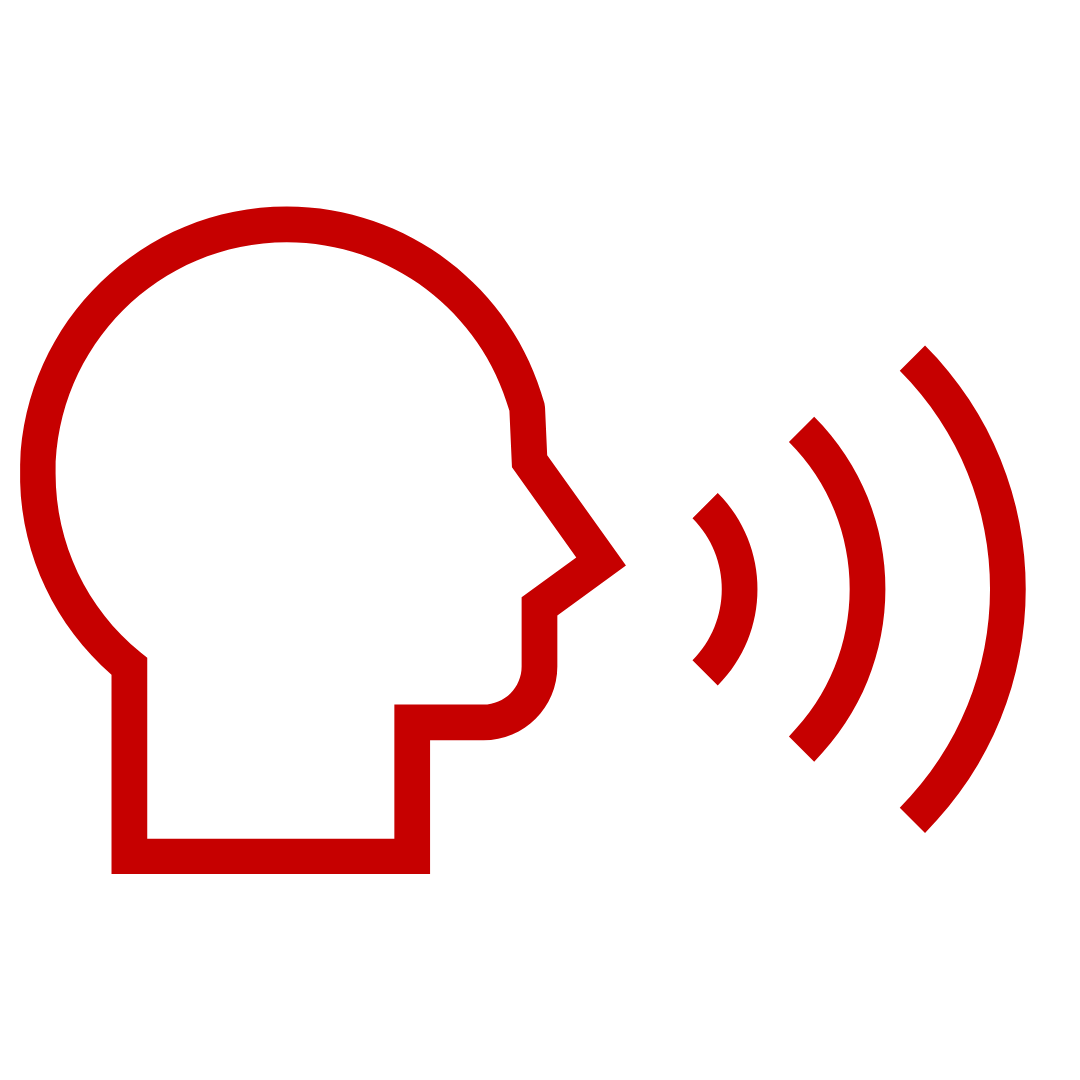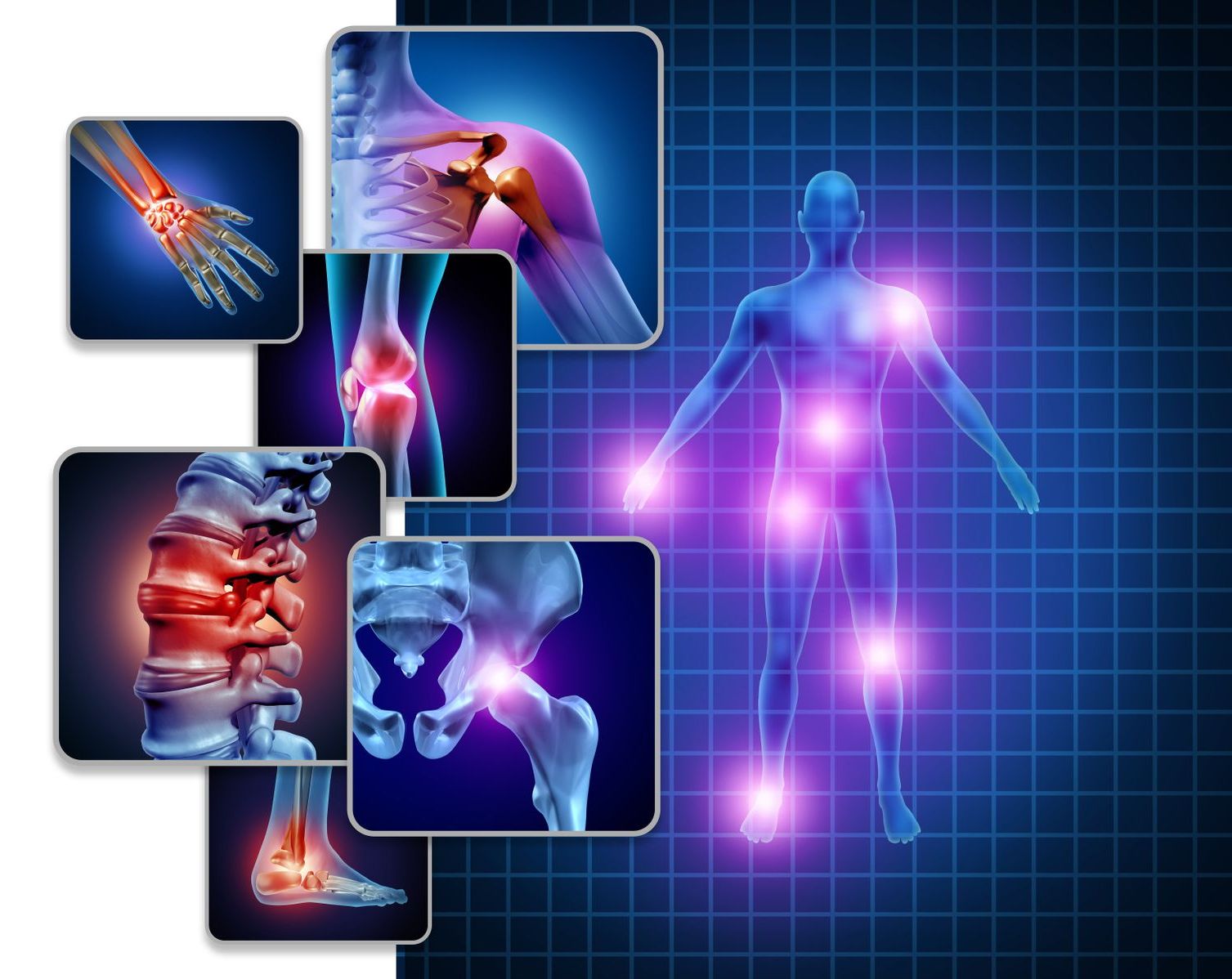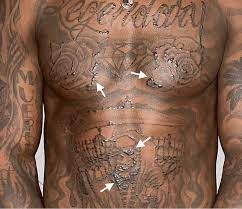- HOME
- ABOUT US
- WHAT IS AiARTHRITIS
- Diseases
- Rheumatoid Arthritis (RA)
- Psoriatic Arthritis (PsA)
- Systemic Lupus Erythematosus (SLE)
- Sjögren's Disease (SD)
- Axial Spondyloarthritis (AxSpA)
- Crohn's Disease
- Sarcoidosis
- Relapsing Polychondritis (RP)
- Systemic Sclerosis/Scleroderma (SSc)
- Behcet's Disease (BD)
- Palindromic Rheumatism (PR)
- VEXAS
- Antisynthetase Syndrome (ASS)
- Mixed Connective Tissue Disease
- JIA
- Familial Mediterranean Fever (FMF)
- HIDS (hyper-IgD syndrome, a mevalonate kinase deficiency)
- Cryopyrin-Associated Periodic Syndromes (CAPS) - Familial Cold Autoinflammatory Syndrome, Muckle-Wells Syndrome
- Schnitzler Syndrome
- Chronic Nonbacterial Osteomyelitis (CNO)/Chronic Recurrent Multifocal Osteomyelitis (CRMO)
- Still's Disease
- All Diseases
- Diseases
- OUR WORK
- RESOURCES & TOOLS
- GET INVOLVED
- CONTACT US
Sarcoidosis




How to pronounce it:
Sarcoidosis - saar-koy-doe-sis
AiArthritis defines sarcoidosis as:
Sarcoidosis is an inflammatory disease characterized by the formation of sarcoid granulomas—tiny clumps of inflammatory cells—in one or more organs of the body. When the immune system goes into overdrive and too many of these clumps form, they can interfere with an organ’s structure and function. When left unchecked, chronic inflammation can lead to fibrosis, which is the permanent scarring of organ tissue. This disorder affects the lungs or lymph nodes in approximately 90% of cases, but it can affect almost any organ in the body.
Symptoms
Symptoms of AiArthritis Diseases Regardless of Diagnosis



Common in All AiArthritis Diseases
- Periods of worsening symptoms are called flares. A flare can last for hours, days, weeks, or months.
- Condition improves with activity and exercise and worsens with rest.
- When inflammation is left uncontrolled due to lack of proper treatment, comorbidities can develop. 70% of patients with chronic, lifelong disease will develop comorbidities, including dual or triple diagnoses.
“Auto” Symptoms
- Severe fatigue or exhaustion that may not be helped by caffeine/stimulants and can happen even after a long period of rest.
- “Brain fog” - or periods of time where thinking gets clouded and it becomes difficult to concentrate.
- Flu-like symptoms, without having the flu- nausea, muscle weakness, and general malaise.
- Fever, typically low grade in autoimmune and higher grade in autoinflammatory (% strongly varies per disease).
Reference: Early Symptoms of AiArthritis Study, AiArthritis, 2019.
Inflammatory Arthritis Symptoms
- Severe stiffness in one or more joints, especially in the morning or after sitting for long periods of time.
- Episodes of joint pain that may last for hours, days, or even weeks, that can appear and disappear suddenly. Often described as “jumping pain” into different locations.
Typically the joint pain will coincide with one or more “Auto” symptoms and start and stop suddenly - for no apparent reason (which is called a "flare"). Some people will experience all of the above symptoms, others only a few. If you have any of the arthritis features, and at least one of the “Auto” features, please consult your physician about a referral to a rheumatologist.
Symptoms Often Associated with Sarcoidosis:
- Shortness of breath
- Wheezing
- Chronic cough
- Unexplained weight loss
- Night sweats
- Irregular heart beat
- Swollen legs
- Headaches
- Problems with vision
- Weakness or numbness of an arm, leg, or part of the face
- Discoloration of the nose, cheeks, lips, and ears
- Scaly-appearing skin rash
- Burning, itching, tearing, redness or pain in the eyes
- Sensitivity to light
- Enlarged lymph nodes
- Erythema nodosum, raised, red, and tender bumps to form on the skin, usually on the front of the legs
What fellow patients want you to know

Sarcoidosis can affect anyone of any age, race, or other demographic., but it has a higher incidence among people of color, especially African American women.
Sarcoidosis affects the lungs & lymph nodes in 90% of patients but can affect just about any organ or system
Sarcoidosis – especially pulmonary sarcoidosis – is often misdiagnosed as cancer … but this disease is so much more than just “not cancer.” It can still be a lifelong, life-altering condition, so patients need empathy and support.
It is crucial to find doctors (you’ll need more than one) who truly understand this disease. Ideally, they should be willing to communicate with each other to offer multidisciplinary care for this multi-system condition.
More About Sarcoidosis
Diagnosing Sarcoidosis

There’s no single definitive test that can confirm a sarcoidosis diagnosis, so rheumatologists look at a combination of physical exam (pulmonary function tests), blood tests, and imaging (Chest CT & X-Ray), along with a family history of autoimmune or autoinflammatory disease. A biopsy of the skin, lymph node, or lung) may also be required for a definitive diagnosis. A test called the Kveim-Siltzbach skin test can also be used to diagnose sarcoidosis, but is not commonly used in the United States.
Notable Persons with this Disease

- Tisha Campbell, Actress
- Bernie Mac, Comedian
- Reggie White, Former NFL plater
- Bill Russell, NBA Legend
- Floyd Mayweather Sr., Boxer
- Evander Holyfield, Boxer
Interesting Facts about this Disease

- "Sarcoidosis tattoos" are skin lesions caused by sarcoidosis that occasionally mimic tattoos. It's possible to confuse these lesions for real tattoos and may persist even after the underlying sarcoidosis has been treated. If those with Sarcoidosis get cosmetic tattoos, it often occurs that they will also get the lesions on their tattoo.
- Sarcoidosis is often called a “snowflake” disease because it can have a unique presentation in every patient.
Other Resources
In an effort to ensure this page has the most accurate and up-to-date information, this page is currently awaiting medical review. Some information is subject to change.
Page Last Updated: 9/1/2023
Sign up for our newsletters
International Foundation for AiArthritis
6605 Nottingham Ave.
St. Louis, MO 63109-2661
Toll Free: 1-877-609-4226
Text: 1-314-282-7214
Copyright 2024. All rights reserved. Information on this site is intended for informational purposes only Our foundation does not engage in the practice of medicine. Please consult a physician to obtain personal healthcare and treatment options. 501(c) 3 Nonprofit Tax ID: 27-1214308.


